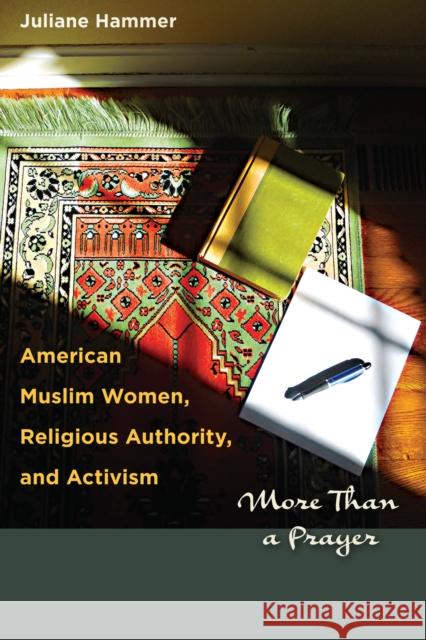American Muslim Women, Religious Authority, and Activism: More Than a Prayer » książka
American Muslim Women, Religious Authority, and Activism: More Than a Prayer
ISBN-13: 9780292754409 / Angielski / Miękka / 2012 / 295 str.
American Muslim Women, Religious Authority, and Activism: More Than a Prayer
ISBN-13: 9780292754409 / Angielski / Miękka / 2012 / 295 str.
(netto: 102,15 VAT: 5%)
Najniższa cena z 30 dni: 106,83
ok. 22 dni roboczych.
Darmowa dostawa!
Following the events of September 11, 2001, American Muslims found themselves under unprecedented scrutiny. Muslim communities in the United States suffered from negative representations of their religion, but they also experienced increased interest in aspects of their faith and cultures. They seized the opportunity to shape the intellectual contribution of American Muslims to contemporary Muslim thought as never before. Muslim women in particular--often assumed to be silenced, oppressed members of their own communities--challenged stereotypes through their writing, seeking to express what it means to be a Muslim woman in America and carrying out intra-Muslim debates about gender roles and women's participation in society. Hammer looks at the work of significant female American Muslim writers, scholars, and activists, using their writings as a lens for a larger discussion of Muslim intellectual production in America and beyond. Centered on the controversial women-led Friday prayer in March 2005, Hammer uses this event and its aftermath to address themes of faith, community, and public opinion. Tracing the writings of American Muslim women since 1990, the author covers an extensive list of authors, including Amina Wadud, Leila Ahmed, Asma Barlas, Riffat Hassan, Mohja Kahf, Azizah al-Hibri, Asra Normani, and Asma Gull Hasan. Hammer deftly examines each author's writings, demonstrating that the debates that concern American Muslim women are at the heart of modern Muslim debates worldwide. While gender is the catalyst for Hammer's study, her examination of these women's intellectual output touches on themes central to contemporary Islam: authority, tradition, Islamic law, justice, and authenticity.











